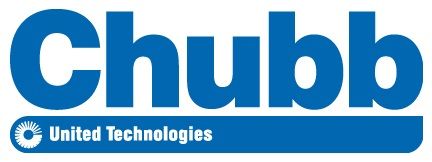WHY_ICTTRAININGEN
Via ons opleidingsconcept bespaar je tot 80% op trainingen
Start met leren wanneer je wilt. Je bepaalt zelf het gewenste tempo
Spar met medecursisten en profileer je als autoriteit in je vakgebied.
Ontvang na succesvolle afronding van je cursus het officiële certificaat van deelname van Icttrainingen.nl
Krijg inzicht in uitgebreide voortgangsinformatie van jezelf of je medewerkers
Kennis opdoen met interactieve e-learning en uitgebreide praktijkopdrachten door gecertificeerde docenten
What our clients say

Als er wat is, staan ze altijd voor me klaar. Ik word meteen geholpen als ik bel

Wij zijn gebaat bij mensen die bijblijven op hun vakgebied en continu getriggerd worden.

Het resultaat van deze eerste groep is absoluut bevredigend. Ik ga in ieder geval geen ander meer bellen.
Facts
-
7.9
average rating
Our customers give us an average rating of 7.9 We are very proud of it!
-
5500+
IT professionals trained
we allready trained over 5500+ IT professionals. Are you next?



